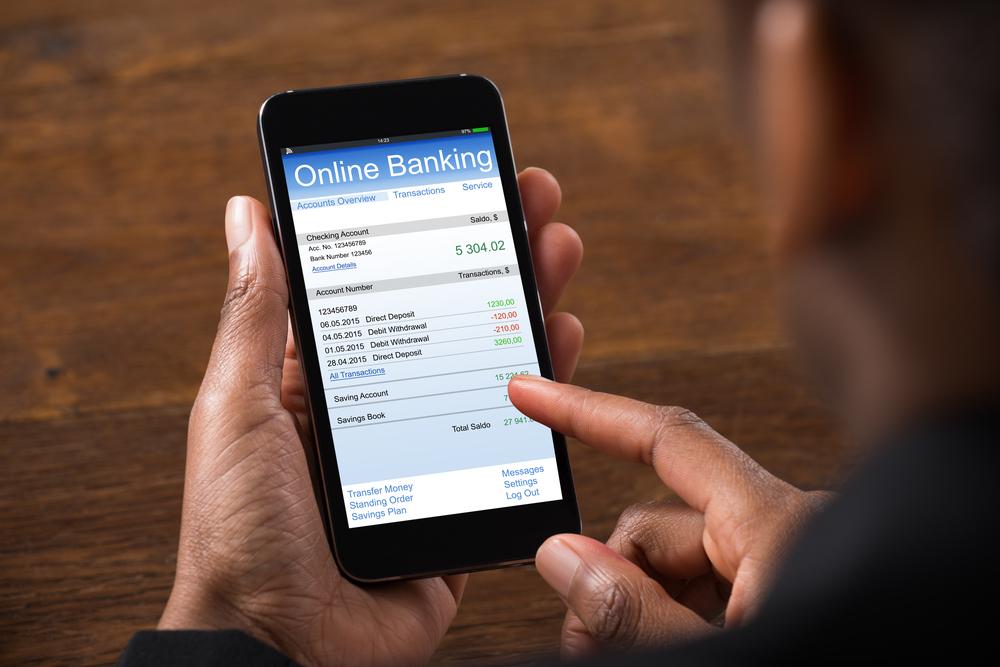Dear Mary: What does it mean to “balance” my bank account? How do I do that? Why should I? I really appreciate you answering my question. I’m sure I should know this, but honestly, I don’t. —Josey
Dear Josey: This is a great question, and I’m sure you'd be surprised to know just how many of your fellow readers want to know the same thing!





